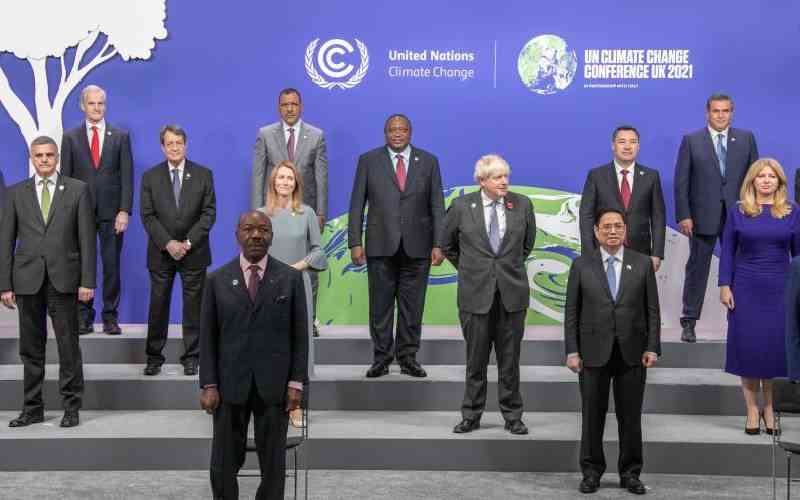
The road to Egypt is clearer now as the United Nations Framework Convention on Climate Change's COP27 draws nearer.
What is unclear is whether Africa's asks will get desired hearing, commitment and action to ease the pains of economies and humans directly affected by tangible effects of the raging climate crisis. After years of poor countries' demands that the rich pay for effects of their huge contribution in Greenhouse Gas emissions that have caused global warming that is responsible for the climate crisis, there is inadequate action. And it is deliberate.